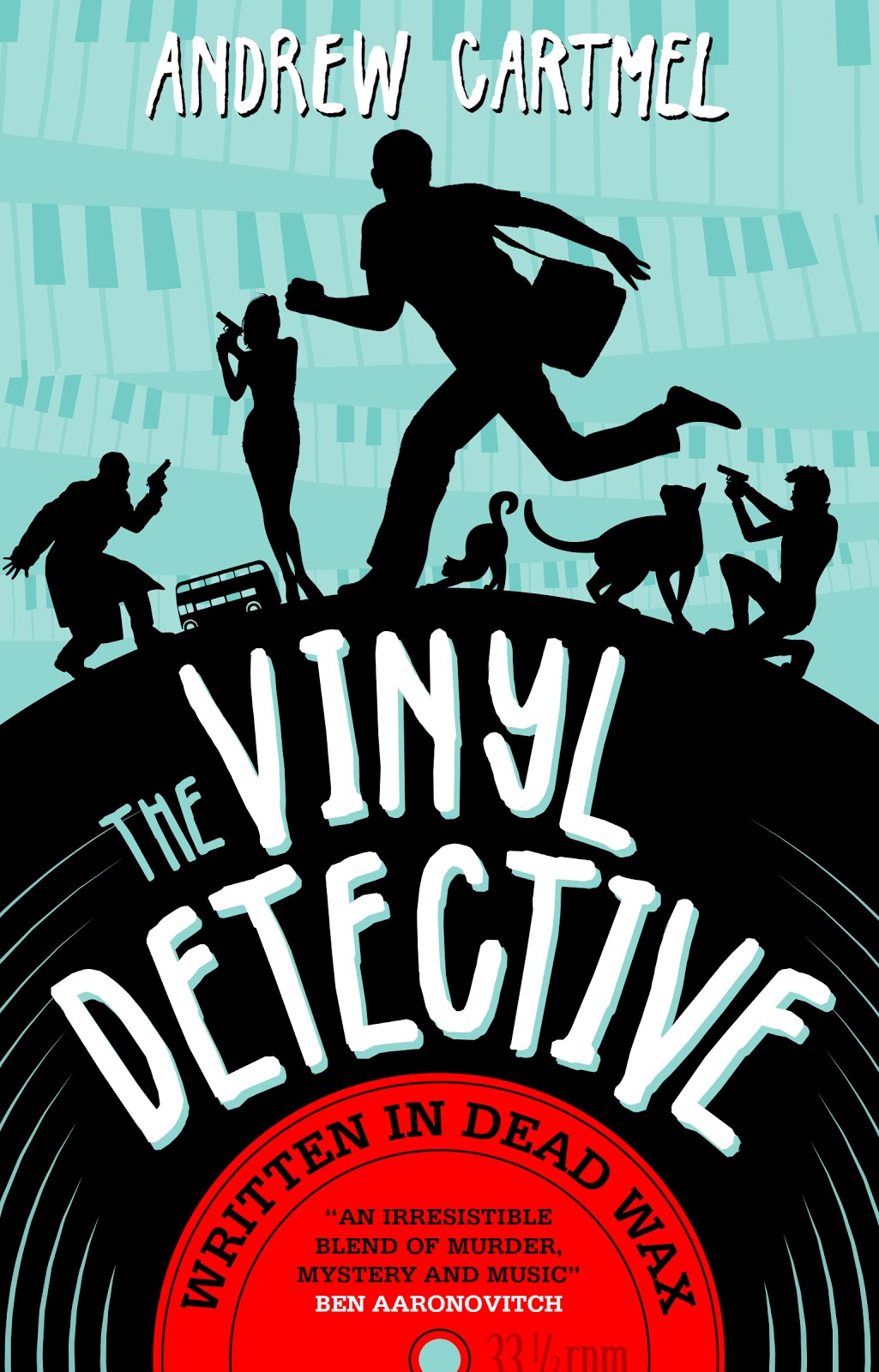 I was first aware of Gene Lees as a lyricist — he worked with Lalo Schifrin among other notable composers.
I was first aware of Gene Lees as a lyricist — he worked with Lalo Schifrin among other notable composers.But I recently discovered that he's written an impressive body of music criticism, journalism and biography. And it's wonderful stuff. After I'd read a few pieces in his book Singers and the Song, I set about obtaining every title I could find by him.
Perversely, though, this posting is not to praise Lees (I'll do that later) but to harry him... Just a little.
Because for all his keen, astute intelligence, Lees had a serious blind spot where pop music is concerned.
 Like many other people he believed that the golden age of popular music was approximately 1910 to 1950 and was dominated by writers like Yip Harburg, the Gershwins, Cole Porter, Irving Berling, Jerome Kern, Johnny Mercer and Frank Loesser. The lyricists and composers of the Great American Songbook, as it's known.
Like many other people he believed that the golden age of popular music was approximately 1910 to 1950 and was dominated by writers like Yip Harburg, the Gershwins, Cole Porter, Irving Berling, Jerome Kern, Johnny Mercer and Frank Loesser. The lyricists and composers of the Great American Songbook, as it's known.And he's certainly not wrong. What's more, at the end of this period in the early 50s, American popular music sank to an abject low. It was dominated by novelty songs fashioned by producers of the Mitch Miller school. Songs like How Much is that Doggie in the Window?
Enough said.
But most music critics agree that the pop song was pulled out of these doldrums by R&B, the birth of rock and roll, Elvis, etc.
 To Gene Lees, though, this is when the rot really set in. He says that this "early phase of musical decline... led down to Bill Haley and the Comets, Elvis Presley and the dark at the bottom of the stairs."
To Gene Lees, though, this is when the rot really set in. He says that this "early phase of musical decline... led down to Bill Haley and the Comets, Elvis Presley and the dark at the bottom of the stairs."He is also inclined to believe that the post-rock and roll pop song is responsible for vapid promiscuity, loveless sex and even states that "rock-and-roll was the primary cause of the drug epidemic in which America is now drowning."
That was written circa 1998, and it seems to me profoundly unlikely. I don't see any cause and effect relationship between listening to popular music and drug use. After all, in America in the 1930s Cab Calloway was about as big as the Beatles, and he wrote and sang some shameless drug songs. Yet no one is trying to peddle any dubious cause-and-effect theories about him.
 (Just for the record, I love Cab Calloway, and think the war against drugs is the most stupid, ruinous and tragic public policy of the last century.)
(Just for the record, I love Cab Calloway, and think the war against drugs is the most stupid, ruinous and tragic public policy of the last century.)Anyway, back to Gene Lees. He is right about so much else, but just plain wrong about songwriting since the 1950s. I don't see how he can dismiss, for example, Joni Mitchell, Randy Newman and Leiber & Stoller. Not to mention the priceless Burt Bacharach & Hal David.
Lees lived until 2010 and by that time I bet he wished he'd gone a little easier on rock and roll saved a little ammunition to fire at rap.
 But never mind, that's enough pillorying of a great writer. Gene Lees is marvellous and has written books about Oscar Peterson, Henry Mancini and Woody Herman, among many others. And every one of these is worth reading. If you're looking for a place to start, try Singers and the Song. There are two versions of this, both excellent, both with different contents. I'm currently reading the first one, which features a superb essay about, among other things, the Clarke-Boland big band.
But never mind, that's enough pillorying of a great writer. Gene Lees is marvellous and has written books about Oscar Peterson, Henry Mancini and Woody Herman, among many others. And every one of these is worth reading. If you're looking for a place to start, try Singers and the Song. There are two versions of this, both excellent, both with different contents. I'm currently reading the first one, which features a superb essay about, among other things, the Clarke-Boland big band.(Image credits: The cool photo of Gene with a pipe is from the Bill Evans website. The first version of Singers and the Song is from Barnes & Noble and version II from Barnes & Noble again. Young Gene Lees, slightly doctored by me, is from Brew Lite's intriguing blog. The Cab Calloway pic, also slightly doctored by yours truly, is from Arcane Radio Trivia.)


No comments:
Post a Comment